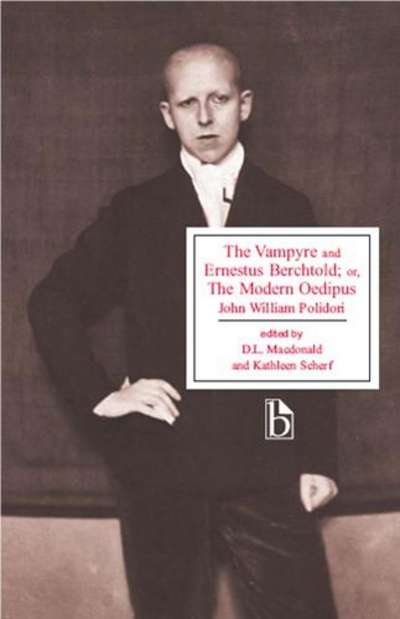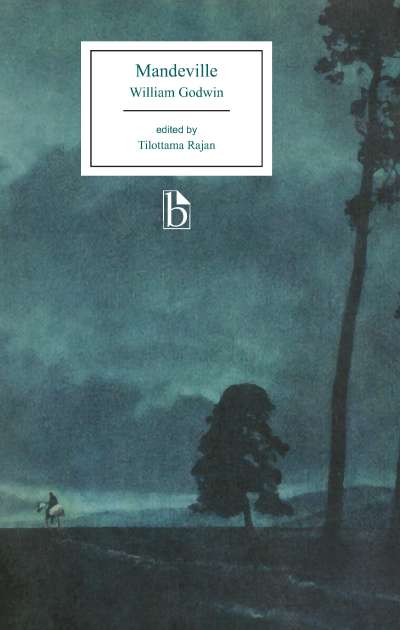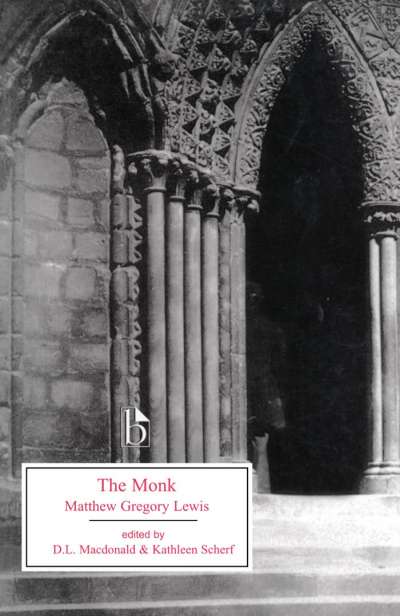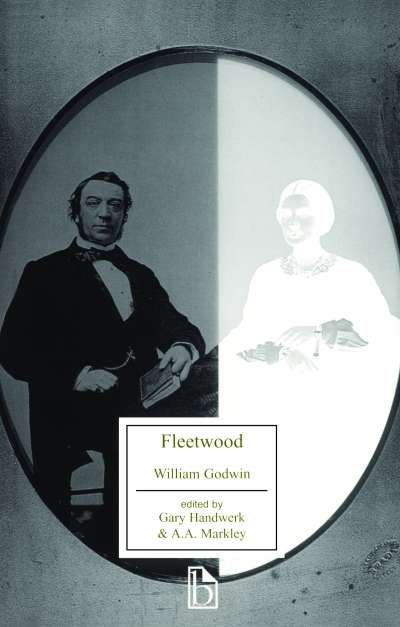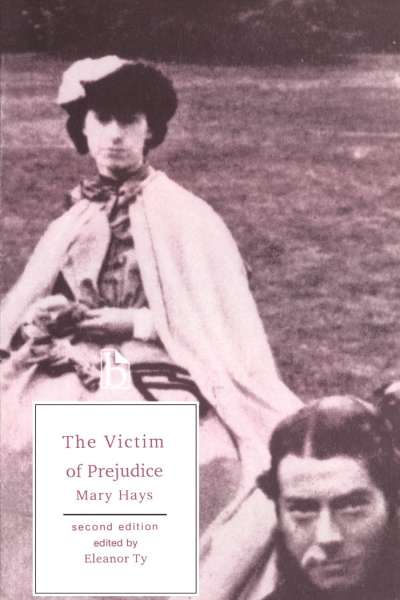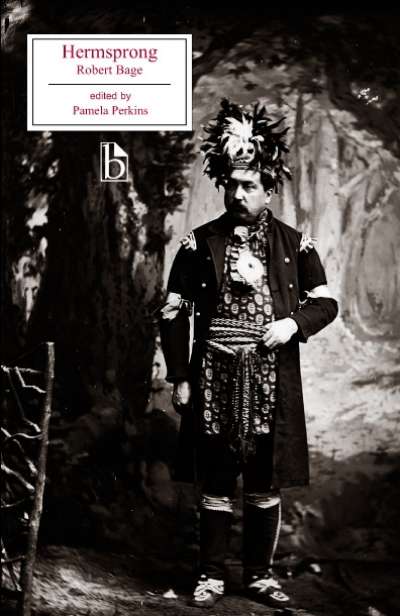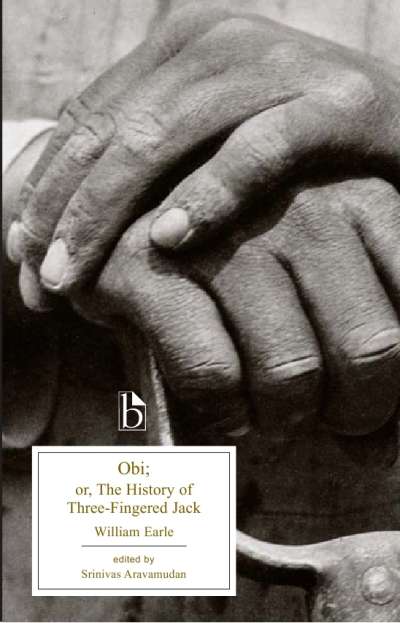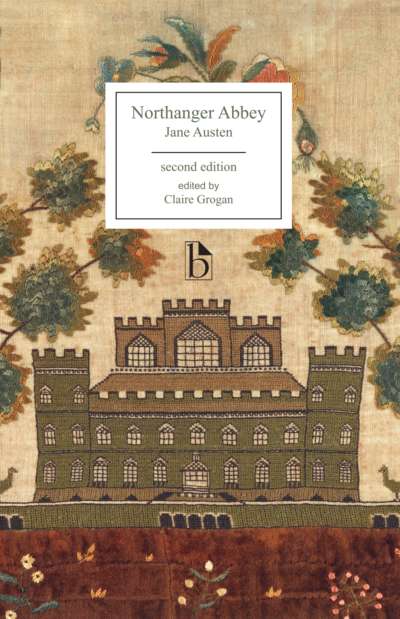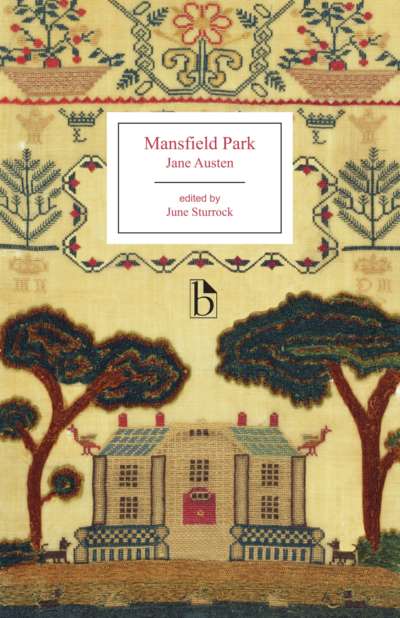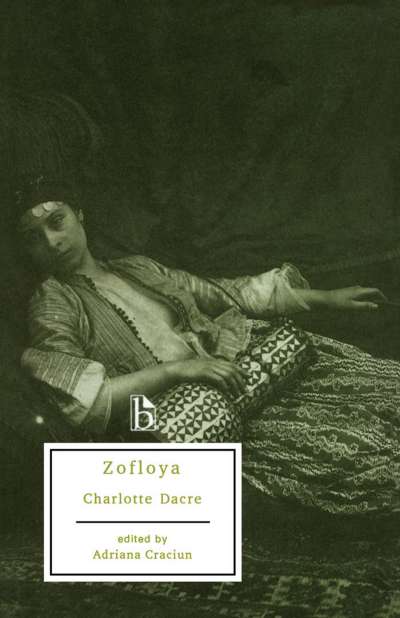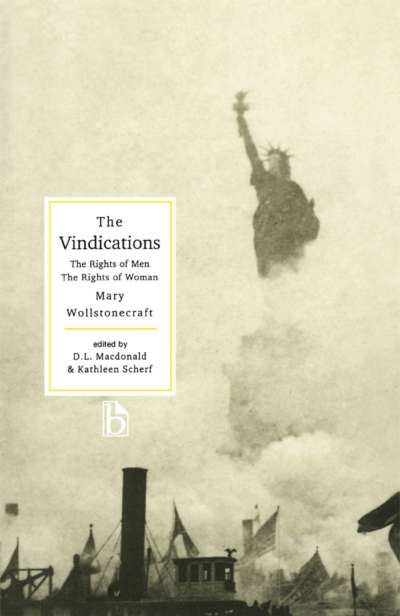First published in 1799, George Walker’s The Vagabond was an immediate popular success. Offering a vitriolic critique of post-Bastille Jacobinism and sansculotte-style mob rule, its true-to-life satirical portraits of many of the radical men and women who fought in the forefront of the “British Revolution” are nonetheless full of playful banter and farce. With swipes at Hume, Rousseau, Godwin, Wollstonecraft, and Paine; the French Revolution; and the ideas of the noble savage, natural virtue, liberty, equality, and romantic primitivism, The Vagabond offers a unique cross-section of 1790s radicalism.
This Broadview edition contains a critical introduction and a wide selection of primary source materials that situate the novel in the context of the revolutionary debate of the 1790s. Appendices include contemporary reviews of the novel and excerpts from the writings of a variety of radicals and reactionaries engaged in the debate, such as Hume, Rousseau, Paine, Thelwall, Wollstonecraft, Godwin, Burke, Playfair, Malthus, and Cobbett, among many others.
Comments
“The Vagabond is a vibrant counterrevolutionary polemic that illuminates a wide range of political controversy in the 1790s—the French Revolution crisis, domestic reform, transatlantic emigration, and the era's heated debates on human nature and its troubling propensity for violence. This accessible edition brings to life for modern readers the novel's turbulent political and philosophical contexts through its wide-ranging introduction and well-researched set of contemporary materials. Expertly edited and vividly presented through these contemporary contexts, The Vagabond is a must-read for those interested in the popular phenomenon of the conservative Romantic-period novel.” — Adriana Craciun, Birkbeck College, University of London
“W.M. Verhoeven’s edition of George Walker’s The Vagabond is an essential text for scholars and readers of eighteenth-century and Romantic literature. Verhoeven’s erudite introduction and notes contextualize the anti-Jacobin novel, covering British history and culture from the Glorious Revolution through the Gordon Riots into the revolutionary and post-revolutionary nineties, and his appendices provide valuable material for an understanding of just what was at stake in the period.” — Carol Houlihan Flynn, Tufts University
Acknowledgements
Introduction
A Note on the Text
The Vagabond
Notes
A Note on the Appendices
Appendix A: Sources and Contexts: The Jacobin Side of the Revolutionary Debate
- From David Hume, “An Abstract of a Book Lately Published, Entitled A Treatise of Human Nature, &c.” (1740)
- From John James Rousseau [Jean-Jacques Rousseau], The Social Contract (1762)
- From Joseph Priestley, Disquisitions Relating to Matter and Spirit (1777)
- From Thomas Paine, Rights of Man, Part One (1791)
- From Mary Wollstonecraft, A Vindication of the Rights of Woman (1792)
- From William Godwin, An Enquiry Concerning Political Justice, and Its Influence on General Virtue and Happiness
(1793)
- From Gilbert Imlay, The Emigrants, &c.; or, The History of an Expatriated Family (1793)
- Writings on “Pantisocracy”
- From Samuel Coleridge, Collected Letters of Samuel Coleridge
- From a letter by Thomas Poole to Mr. Hoskins (1794)
- Two poems by Samuel Taylor Coleridge
- “Pantistocracy” (1794)
- “On the Prospect of Establishing a Pantisocracy in America” (1794)
- From John Thelwall, “A Warning Voice to the Violent of All Parties” (1795)
- From William Godwin, Memoirs of the Author of a Vindication of the Rights of Woman (1798)
- From William Godwin, Thoughts occasioned by the perusal of Dr. Parr’s Spital Sermon (1801)
Appendix B: Sources and Contexts: The Anti-Jacobin Side of the Revolutionary Debate
- From Edmund Burke, Reflections on the Revolution in France (1790)
- From Anon., “Proceedings of the Friends to the Abuse of the Liberty of the Press” (1793)
- From William Playfair, Peace with the Jacobins Impossible (1794)
- From Peter Porcupine [William Cobbett], Observations on the Emigration of Dr. Joseph Priestley (1794)
- From Anon., Letters on Emigration. By a Gentleman, Lately Returned from America (1794)
- From Thomas Robert Malthus, An Essay on the Principle of Population (1798)
Appendix C: Contemporary Reviews
- Analytical Review (February 1799)
- From the Anti-Jacobin Review and Magazine (February 1799)
- New London Review (April 1799)
- Critical Review (June 1799)
- Monthly Magazine (20 July 1799)
- Monthly Mirror (March 1800)
- British Critic (April 1800)
- From the British Critic (October 1800)
Select Bibliography
W.M. Verhoeven is Professor of American Culture and Cultural Theory at the University of Groningen, The Netherlands. His publications include Revolutionary Histories: Transatlantic Cultural Nationalism, 1775-1815 (Palgrave Macmillan, 2002) and Epistolary Histories: Letters, Fiction, Culture (with Amanda Gilroy, University of Virginia Press, 2000). He is also general editor of the ten-volume Anti-Jacobin Novels for Pickering & Chatto Publishers.



